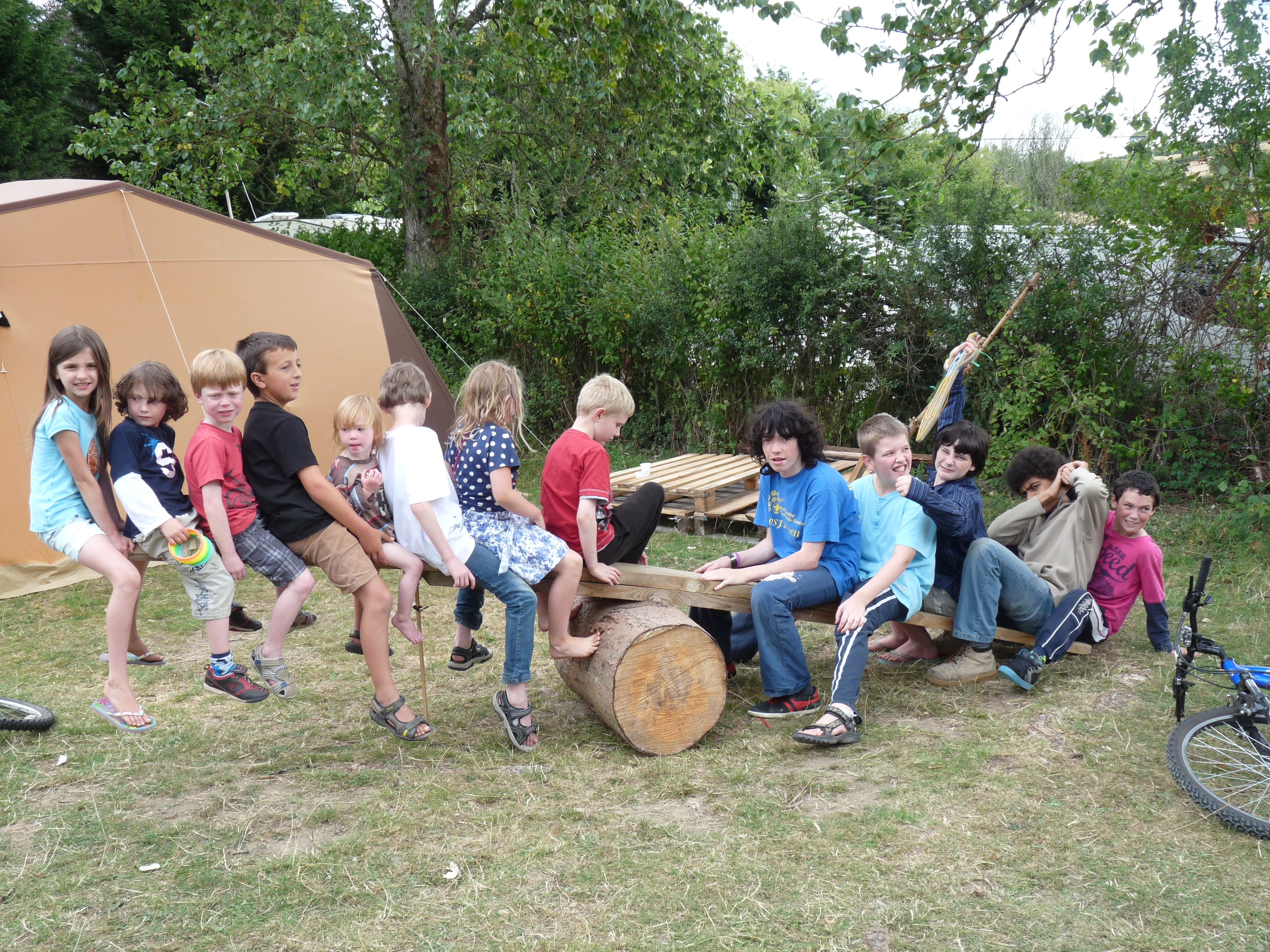“Neurodiverse Children especially with overexcitabilities tend to be over-sensitive, and can easily become overwhelmed and over-excited. They may be nervous or shy, or they may show strong emotional reactions,” explains Simone de Hoogh. “Their behaviour may be inappropriate or challenging and they are often misunderstood.”
Parents’ Quest
Parents often feel alone, because all the normal tools and strategies don’t work, they blame themselves or get blamed by their social environment for the behaviour of their children.
PowerWood is passionately dedicated to supporting those children, teenagers, young adults, adults, parents and their families.
Young people with ‘overexcitabilities’ and/or an asynchronous development often experience the world in a significantly different way: overwhelmingly profound and intense, experiencing themselves as atypical.
Intelligence, which is not the same as high achievement, is often characterised by intensity, sensitivity, ‘over-excitability’ and asynchronous development. Some children also experience extreme learning styles, vulnerability and may show worrying or challenging behaviour. 
Very often children with (high) intelligence don’t achieve because of their behaviour.
Intelligence…
“Parents who come to me often say (because intelligence seems to be defined by achievement) that they don’t experience their child as being intelligent, or that they doubt the child’s intelligence. Also, people are often uncomfortable with talking about intelligence.” Simone explains: “The latest research confirms that intelligence is not fixed. It is like a muscle; if you don’t exercise it, your brain will lose its abilities.”
Our view is that we don’t think intelligence is the most important thing. It’s not the main feature enabling success in life. It takes much more than just intelligence for that, e.g. creativity, practical abilities, passion and perseverance.
We believe that being able to regulate our strong emotional reactions is most important in being able to make the most of our innate abilities.
Support
PowerWood’s aim is supporting people/ families to improve their effective and constructive communication, to pursue their passions and dreams by helping them improve their ability to regulate their own emotional reactions with help of the Multilevel Emotion Regulation Theory (MERT) developed by Simone de Hoogh, the founder of PowerWood.
PowerWood enables children, teenagers, young adults, adults, parents and families from all cultures to ‘meet’ others facing similar challenges.
PowerWood likes to provide all these opportunities with the goal of producing lifelong learners who are well-educated, self-confident, content and positively contributing members of society.
PowerWood’s Community
Find understanding, tools and strategies that work in an understanding, respectful and compassionate Community.
PowerWood can be your and your family’s advocate, and your second family.
Explore how joining our PowerWood community by becoming a member will benefit you and your family, and what types of memberships are available.
Join our Community
Available to Members*
*Booking a one-off Free Introductory Talk of 45-60 minutes by Skype or FaceTime with Senior Consultant Simone de Hoogh is one of the benefits of being either a FreeBee PowerWood Community Member or a Friend PowerWood Community Member.
Book a FREE Introductory Talk with a Professional*
You can read more about PowerWood’s Consultancy Sessions, the Benefits of a Free Introductory Talk and PowerWood’s Consultancy Services Tiered Fee Structure.
*Overexcitability Test
OE (Overexcitability) is an element of a Developmental Theory – Theory of Positive Disintegration by Dabrowski – that is one of the underpinning theories of MERT (Multi-level Emotion Regulation Theory) developed by Simone de Hoogh. Overexcitability explains and allows us to look at ‘extreme’ behaviour as a valuable asset in our or our children’s life.
Find out if you or your child has OE (OverExcitability) as well
*Boundary Test
A HUGE thank YOU to the son and daughter of Ernest Hartmann who gave PowerWood permission to use and put the full academically approved questionnaire about the Boundary in the Mind on PowerWood’s website.
Find out how the Boundary in the Mind affects you or your child
